At the moment, Cairo is a city completely drenched in religious commitment. Every breath, every bow, every waking moment is spent in observation. The very ticking of the clock represents the transmission of God’s time. Their religion is in their clothes, in their speech, in the air they breathe. It is on the face of every man, woman, and child—deep reverence and faith, so palpable it pours from their eyes when they see me, from their mouths when they address me. Their religion echoes off the walls of the vaulted bazaar, bounces down the blind alleys littered with shiny streamers, rises from the footsteps of elders in gallabiyas and burqas. They emit the kind of passion and exuberance that is powerful enough to grab you by the neck. Uniformed policemen stop in the middle of the street to read the Qur’an in a full and bold voice. When the ear piercing call of the muezzin rings down from the minaret on every city block, shopkeepers take to their knees in the middle of the crowded market, prostrated in prayer, removed from the scene by some higher audience. They close their eyes and bow their brows to the earth, oblivious to the sale they so zealously pursued just moments before.
We have called upon this Arab country of nearly 75 million Muslims during the most holy period of the Islamic calendar. Ramadan is in full tilt, and the ferocity that occupies daily life the whole year round has been elevated to a fever pitch. This holiday lasts one month, and brings with it each year a particular set of traditions and rituals, the most paramount of which is the requirement to fast, a giving up of four particular pillars of daily life. From sun up to sun down Muslims are not permitted to eat. They are not permitted to drink either, even water. Smoking is forbidden during this time, as is the company of your husband or wife, meaning no touching of any sort. It is a time to endure daily life without distraction, to reflect on the importance and power of God. And the Egyptian people are steadfast. A large meal is consumed before four o’clock in the morning, and then believers commit to zero intake of food and water until the sun has set at six o’clock in the evening—a fourteen hour fast, everyday for a month.
After four days of drinking Turkish coffees with sugar in the morning, eating large kebab lunches at midday, and guzzling waters in the afternoon heat, I decided I couldn’t bear the burden of asking one more fasting Egyptian to serve me a meal. My effort to assimilate needed to take on new meaning. I made the decision to fast. Not for the remainder of Ramadan (let’s be realistic), but for one day. I would eat no food and drink no water and not touch Jeannie from dawn to dusk. I recruited her brother, Russell, and his girlfriend, Amelia, for moral support. I realized doing it alone in a group of four might be too tall an order—my will is strong, but so is the force of peer pressure. So the three of us formed an alliance, and set a plan for a midnight meal that would have to provide sustenance for one entire cotton-mouthed day.
Before our day of fasting I spoke with several Egyptians about our plan. I was met by all of them with the same reaction—a deep belly laugh, followed by a battering of questions that always concluded with a resounding, “Why?!” I would respond with pleads for advice, hoping for a tip or two from a fasting expert. The wisest words I received were these: “Eat yogurt before sunrise, and then rely on the strength of Allah throughout the day!”
The day of the fast was predictably hotter than the other seven we spent in Egypt. The desert sun was scorching the second it showed itself. I was hungry when I woke up. By noon my taste buds were completely shriveled. My tongue was sandpaper. Bottled waters came to life and screamed at me, raining down on me with cartoony taunts. My lips smacked together at the site of apples and bananas on the nightstand. By late afternoon my anguish had reached its peak. I smelled a morsel of food in the hotel lounge and almost crumbled. But as the clock ticked past four, like a marathon runner visualizing the final mile, I refocused myself on the goal, and rather than being bothered by the thought of food, I let my mind dream of the feast that waited just beyond the setting sun.
And what a feast it was.
Plump and pickled green chilies stuffed with jalapeno cheese, cubes of feta over ripened tomato slices, potent salad of chopped basil and white onions in olive oil, softened grape leaves stuffed with salted vegetables and cumin, smoked ham and aged beef, wood oven fired bread (crisp and soft in the same bite), a dozen different spreads and sauces in hues of lavender, olive (green and black), crimson, and speckled yellow, lentil soup so thick and rich a fork might be a better tool than a spoon, saffron rice with veal heads, cow stomach loaded with spiced rice and partitioned to bite-size chunks, grilled salmon with rosemary potatoes, gravy-drenched prime rib, kebabs of every shape and texture (skewered and spun over endlessly fanned coals), baklava by the pan load, powdered donut balls, coconut bars drenched in honey, and finally, three or four bubbly puffs of cantaloupe flavored shisha.
After our traditional meal it became quite clear to me why Ramadan is such a treasured time in Egypt. The nightly Iftar feast that follows the fast is one of the most wonderful eating experiences imaginable. We sat amidst Egyptian families, with the sound of ouds and other Arabic instruments harmonizing in the background, and witnessed them throw off the shackles of the day, breaking bread with one another and rejoicing in the blessings of life, thanking God for the gift of food, drink, and surely after the final embers of the shisha pipe have been extinguished, the pleasures of the fourth pillar of the fast.
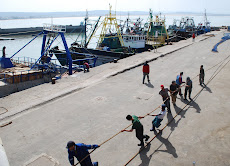
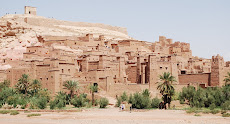
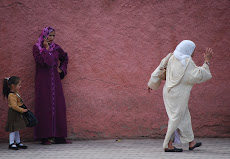
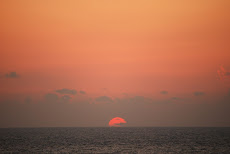
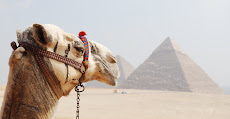

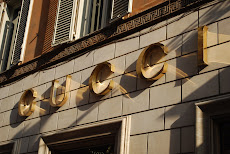
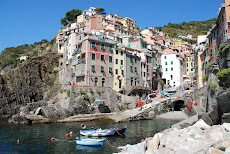
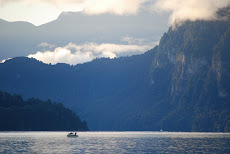



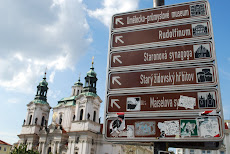
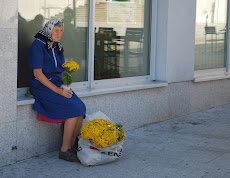
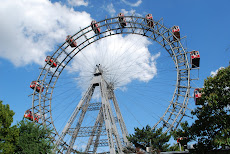

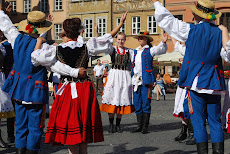
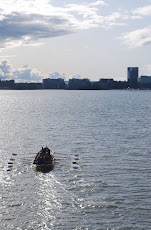


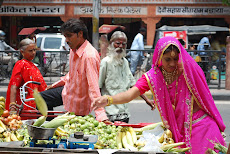
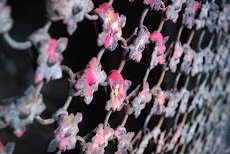
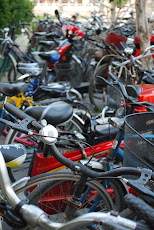
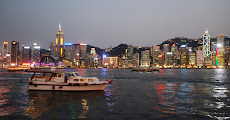
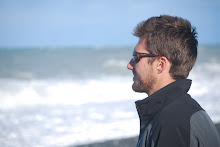
No comments:
Post a Comment